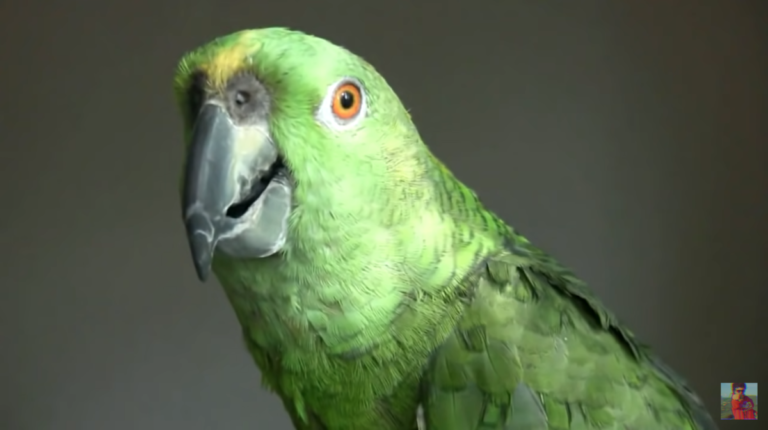Twitter joke masquerades as fundraising campaign

Socia media sites like Twitter and Facebook make it remarkably easy for people to share details of charity and fundraising campaigns. Not surprisingly, this facility can be and has been hijacked.
One prominent example occurred during the 2010 World Cup. Brazilian broadcaster Galvão Bueno, who was commenting on the matches, was the subject of a campaign on Twitter by people who didn’t like his style. They tweeted “CALA BOCA GALVAO” which means “Shut up Galvao”. This became a trending topic in Brazil during the opening ceremony of the World Cup, and then increased further in popularity and became one of the most mentioned phrases on Twitter anywhere in the world.
Many people wondered what the phrase meant and somehow the joke response emerged, and was retweeted, that the Galvao was an endangered bird in Brazil and people were fundraising to help ensure its survival.
Advertisement
This was clearly enough for many people, who then retweeted this explanation in an effort to raise more funds for this ‘campaign’, much to the amusement of many Brazilians. Indeed it must have been one of the biggest inside jokes to date, with almost a whole country laughing at the ignorance and gullibility of people around the world.
The joke then took on a life of its own with a Twitter account @galvaoinstitute, and a fundraising video:
It’s all a very enjoyable prank of course. But it does demonstrate how easy it is for a fictitious fundraising campaign to be accepted, spread and endorsed on a global scale. This was a joke: what if it had been intentionally fraudulent?
There’s no protection against such an attempt. We simply have to be vigilant. And make use of our Portuguese to English dictionaries…




